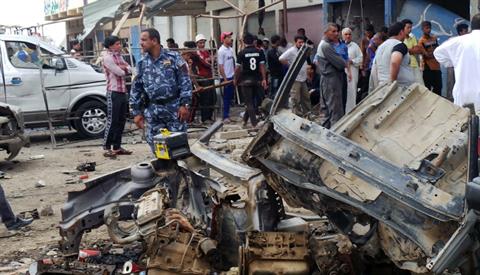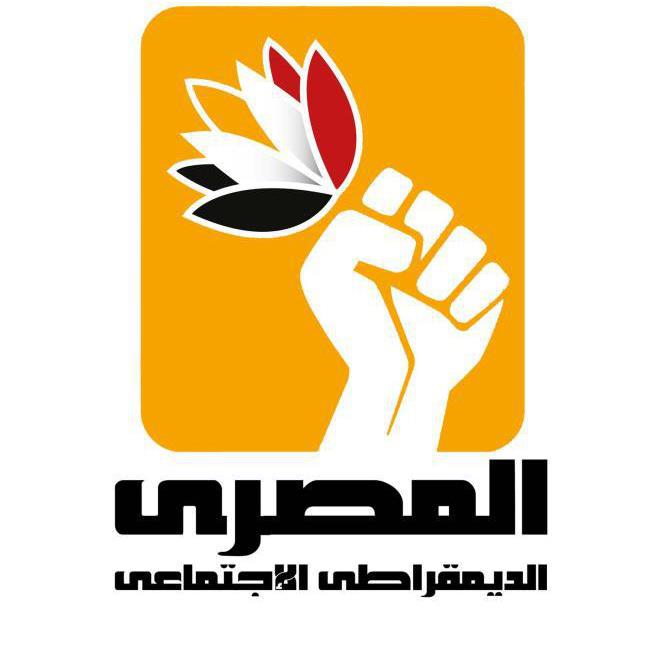CAIRO: Presidential hopeful Hamdeen Sabahy is campaigning to turn Egypt into an economic powerhouse, bridge deep inequalities and review what he sees as the nation’s cozy ties with Israel and subservience to the West.
It is a grand vision. But Sabahy 57, who has spent his political life in opposition to Hosni Mubarak, said Egyptians deserve to raise their aspirations after toppling a president of 30 years and transforming Egypt’s once sclerotic politics.
"We must trust and have faith that the people who were capable of a great revolution are capable of a great renaissance," Sabahy said in an interview at his headquarters, surrounded by volunteers taking calls and checking his Twitter and Facebook accounts, which are popular campaign tools.
No date has been set for Egypt’s presidential race, though analysts say it is most likely to happen in early 2012. Nevertheless, Sabahy and at least 10 others, are already busy campaigning and building networks to help them nearer the vote.
He will compete with former Arab League chief Amr Moussa and former UN nuclear watchdog head Mohamed ElBaradei, both with higher international profiles but also well known in Egypt.
But Sabahy, who was elected as independent member of the opposition in parliament in 2000 and 2005 despite widespread rigging in those votes, is working on grass-roots support with the slogan "one of us" and is touring the country seeking endorsement signatures. He has gathered 27,000, organizers say.
He has a popular touch, offering his mobile phone number to anyone who asks for it. He has even given it out during a live television interview, which does not always go down well with the campaign team who say they end up fielding floods of calls.
"The goal is to bring Egypt into the stature of developed nations," Sabahy, dressed in blue jeans, told Reuters.
"I have a conviction that Egypt’s resources allow for this goal, if they are properly managed and done so in the interest of the people in a democratic state."
He points to Brazil, Malaysia and – closer to home – Turkey as models for Egypt to build up its economy.
‘Triumph over poverty’
Egypt was a darling of emerging markets investors before Mubarak was ousted. The economy had sailed through the world financial crisis and was returning to the 6 percent-plus growth a year it had previously. Then the uprising knocked it back.
Now it is struggling to register growth. But even before the uprising, ordinary Egyptians complained it was only the rich who were benefitting at the expense of swathes of poor.
"My first and most sacred war is for Egypt to triumph over poverty and backwardness," said Sabahy, founder of the socialist Al-Karama party which he once headed.
He points out that he stepped aside as head of the party to allow a "transfer of power." That contrasts with most heads of Egyptian parties who have stayed in post for years, or Mubarak who was president for three decades.
Greater equality is a keen theme in Egypt where chants of "bread, freedom, and social justice" were common in the uprising. No candidate can afford to ignore this issue but Sabahy says that, unlike others, he is not new to the subject.
"When I speak of social justice and poverty, Egyptians will believe I mean it because this is what I fought for my entire life. When I speak about freedoms, I have paid the most costly of prices for those freedoms," Sabahy, who was arrested at least four times, once when a member of parliament.
He promises more independence in foreign policy including ending what he said was Egypt’s subservience to the United States under Mubarak and says he will offer Egyptians the chance to review a peace treaty with Israel, negotiated at Camp David.
The deal, signed by President Anwar Sadat, who was assassinated by Islamists afterwards, was a cornerstone of Mubarak’s claim to be a regional peace-maker and let to billions of dollars of US military and other aid.
"The Egyptian people have a right to reevaluate Camp David, if they wish, through an elected parliament and a referendum," Sabahy said, adding: "I was among those who did not approve of Camp David before."
He said he wanted a review of a gas deal with Israel, which was agreed by Mubarak’s government but drew a storm of criticism from the media and public, who said it was sold too cheaply.
But he insisted: "I am not putting myself forward as a presidential candidate in search of a war outside my borders, neither with Israel or any other state."
"The war I want to fight is the one against poverty."


